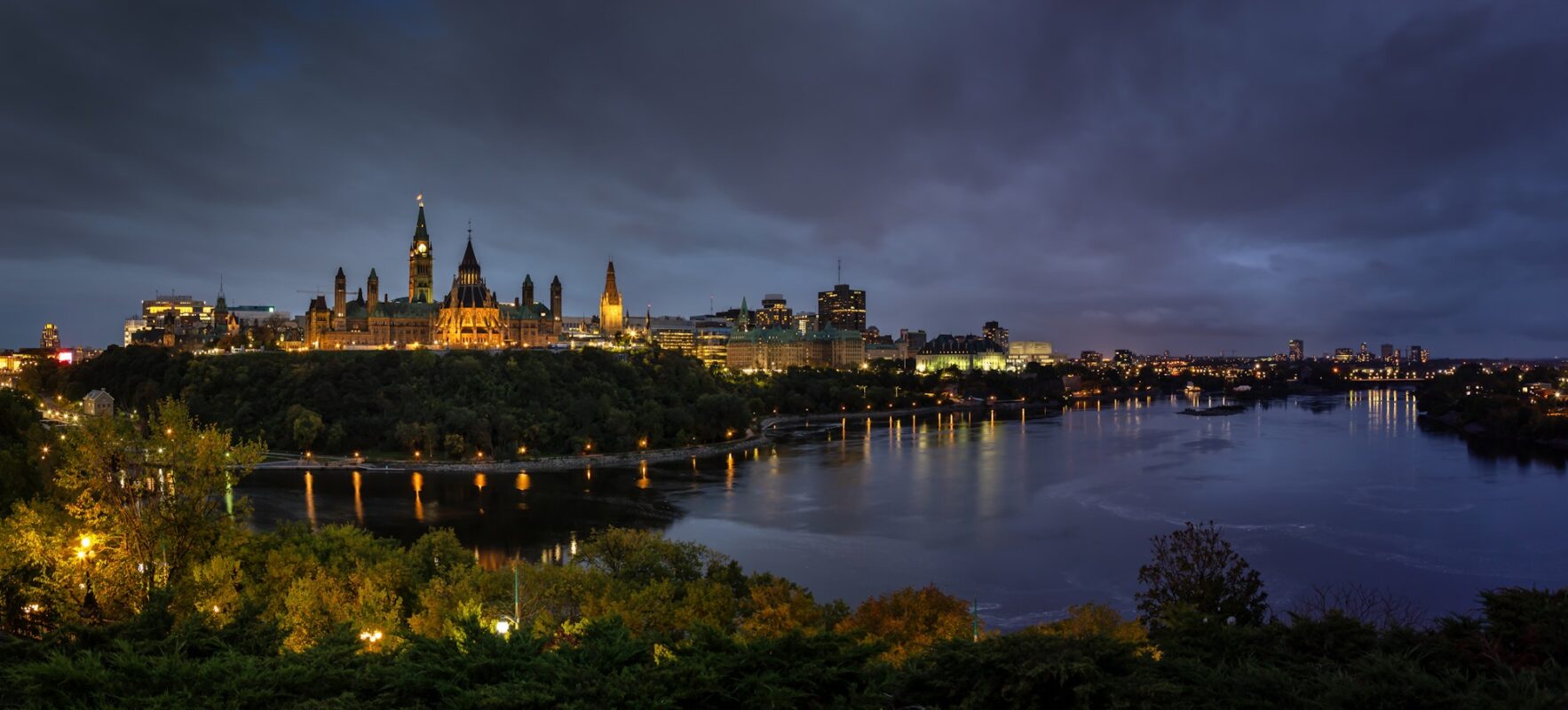
#1: “Yes, I am strongly in favour of such a by-law. I see it as a natural next step following our decisions to not expand the urban boundary and not to allow country estate lots. When natural features are lost, it is forever. We are uniquely gifted as a City to have jurisdiction over large areas of rural and natural landscape, and I view it as a responsibility and a privilege of Council to protect these landscapes. Penalties for violating such a by-law should have a real impact on the bottom line of perpetrators, rather than just being a ‘cost of doing business.’ These penalties should contribute further funding toward the environmental lands acquisition fund.”
#2: “Yes, renewing our commitment towards the environmental lands acquisition fund should be made a priority in the next term of Council. While funding was critical for the Emerald Ash Borer strategy, the 2014-2018 Council has a duty to replenish the fund. I am also in favour of additional funding for this fund to come from strict penalties for site alteration and other environmental violations, in addition to a commitment to annual funding from the City budget.
A disappointment as Councillor has been the general lack of public interest in the City budget process. Few people attend the public consultations, but issues requiring funding come up throughout the year. If re-elected, I would like to work with groups like yours to involve the public at budget time with their priorities to create a more inclusive budget process.”
#3: “Yes, I support the prohibition against future country lot subdivisions. The City’s policy of promoting growth and new housing take a “villages first” approach not only preserves the rural landscape, it strengthens villages and will create stronger rural communities for the long term. I believe we need to take a more proactive look at rural development as well as urban development, and seek best practices among rural municipalities in Ontario and around the world.”
#4: “First and foremost, it is the Councillor’s duty to represent the public that elected them. No one has the same feedback in real time by phone, email, Twitter, Facebook and more from the public than the Mayor and Councillors, and no one else is held accountable for their actions by voters.
Public consultation needs to be balanced between the most vocal, the most affected, the most interested, and the public at large. That’s why I’ve made it a priority to reach out to residents in different ways.
Some don’t want us to change the way we consult, but the results speak for themselves. A well attended public meeting may bring 200 people out. But an online video on the Bayview CDP reached hundreds more. People with dissenting views from the loudest at public meetings often prefer to provide their feedback in writing or by phone to avoid a fight with their neighbours.
With regard to the Environmental Stewardship Advisory Committee itself, I agree that it should meet more often, that it should consult and engage more broadly, and that its membership should reach out to bring in greater diversity and depth of experience and expertise in the City’s decision making process.”
